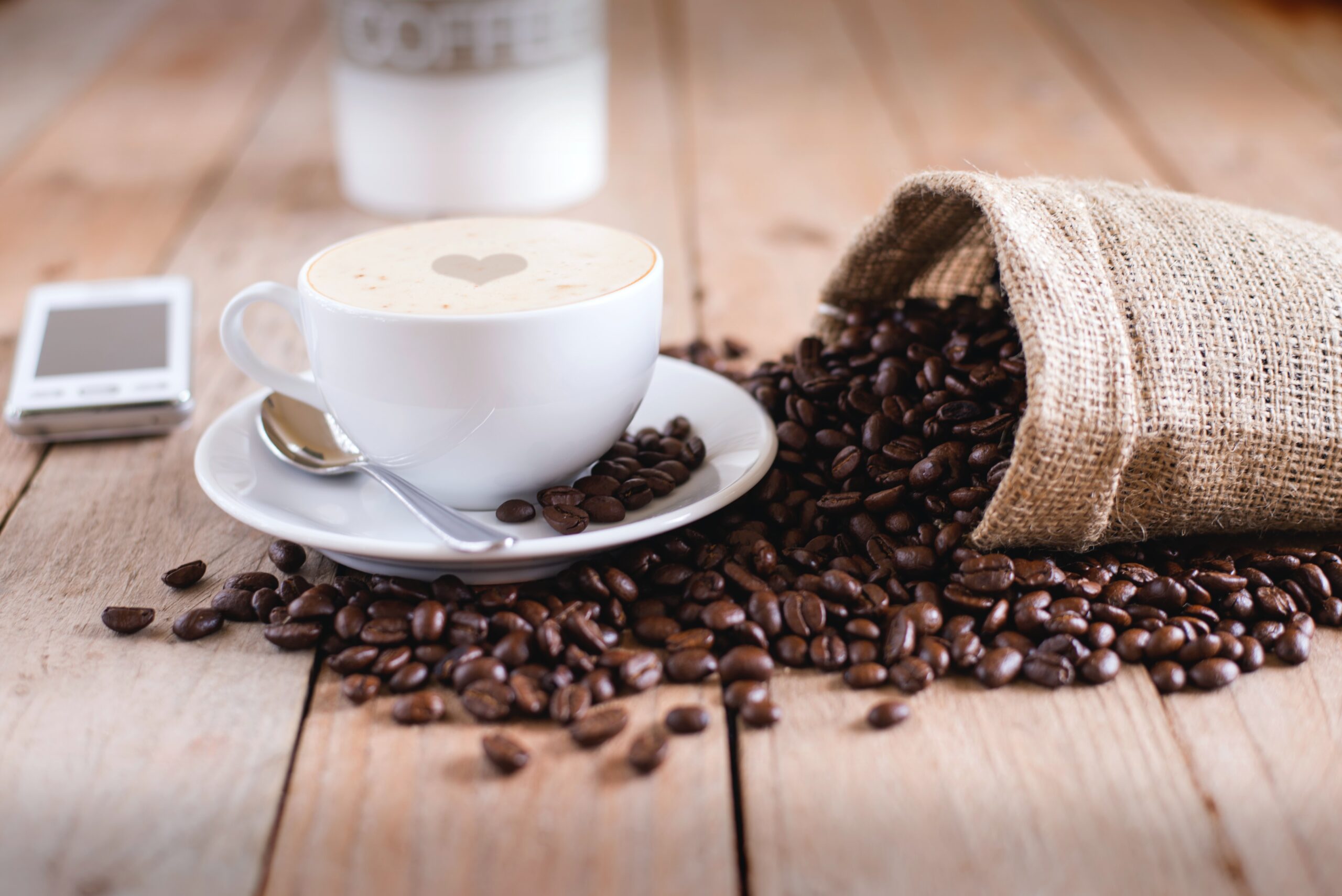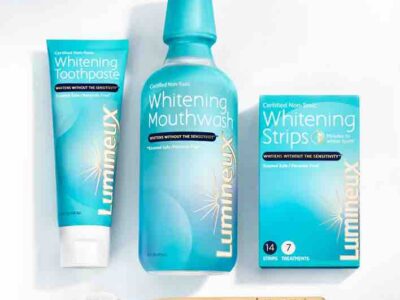“It cools you up, calms you down; it’s the lifeblood that fuels the dream of champions,” said Mike Ditka to Will Ferrell in the 2005 comedy “Kicking and Screaming.” While that was an exaggeration, coffee serves great benefits for our health. National Coffee Lovers’ Day is on Sept. 29, so let’s brush you up on all things java and wellness.
Coffee is the first beverage many people drink in the morning to energize them. The caffeine levels in it activate neurotransmitters in our brain called adenosine. This reaction increases the amount of dopamine, making us feel lively and jazzed up, ready to tackle the day. It can even help with athletic performance. For example, some studies have shown links between cyclists having more energy after drinking coffee and an improved time to exhaustion after completing challenging trails. Before you head to the gym, maybe consume a cup of cold brew for optimal energy.
A review of 30 studies conducted by the National Institutes of Health (NIH) found that each cup consumed daily can decrease a person’s chance of developing Type 2 diabetes by 6%.
This decrease is believed to partly be the result of coffee helping to preserve beta cells in the pancreas, which is rich in antioxidants and helps regulate insulin production and sensitivity.
Drinking more than two cups per day was associated with a lower rate of liver cancer and liver scarring in people living with liver disease. It also helps lower the risk of death from chronic liver disease, with one cup reducing the risk by 15% and four cups a day by 71%. That might be a lot of coffee, but your liver might thank you.
Nutrition experts at Johns Hopkins Medicine say that coffee can strengthen the DNA bonds in your cells.
Specifically, dark roast was found to have decreased breakage in DNA strands. While these breakages occur naturally, they can lead to cancer or other serious illnesses.
A plain, old cup of joe is non-caloric. Even with a touch of milk or sugar, it’s not nearly as high in calories or fat as some sugary java beverages. For example, a 16-ounce Starbucks Mocha Frappuccino has 51 grams of sugar and 15 grams of fat due to milk and syrups blended into the drink. While they taste delicious, they aren’t the healthiest choice. Cold brew is also non-caloric and has as much caffeine as traditional hot coffee.
An NIH review of seven studies found links to lower depression in adults who consume coffee. The results linked each cup consumed to an 8% decrease in the risk of developing depression. The number increases when a person drinks up to four cups a day. The warm liquid can be comforting, and your mental health can vastly improve with the higher dopamine levels.
Coffee has a healing ability that we tend to overlook. While we typically rely on it for energy throughout the workday, its physical and mental health benefits can’t be underestimated. Make sure to pick up your favorite brew on Sept. 29. Sip slowly and enjoy!





